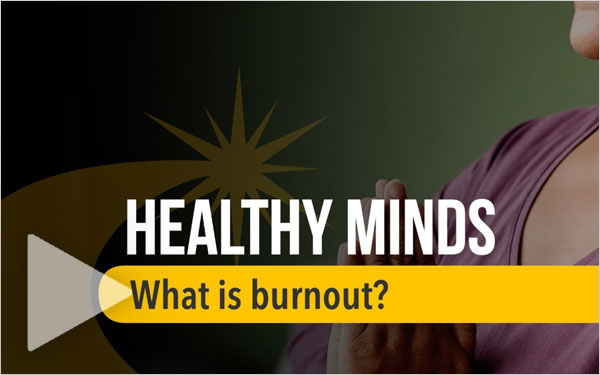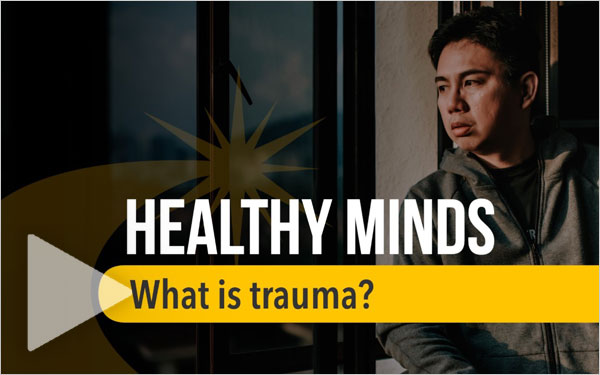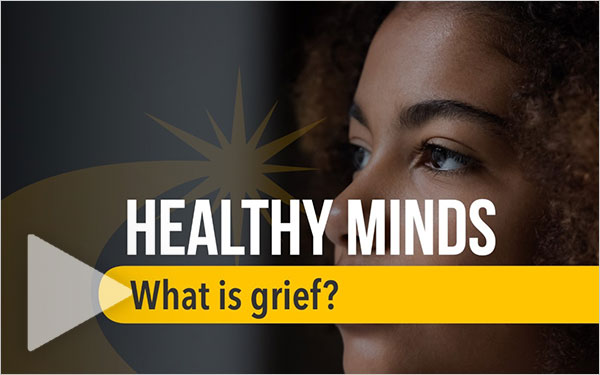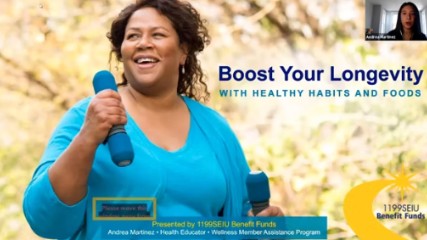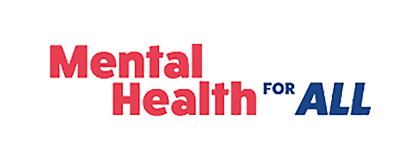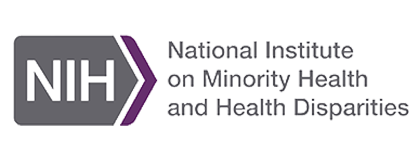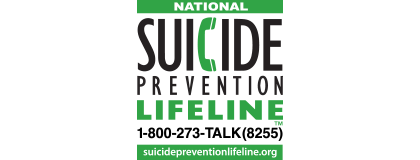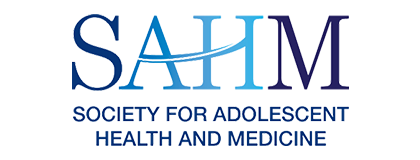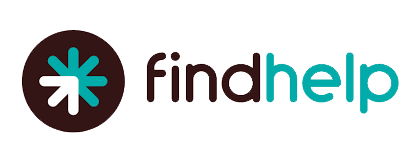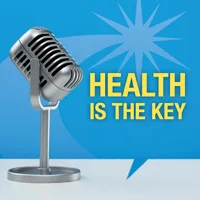Be Kind to Your Mind
Strengthen your mental and emotional wellness with stress management, mindful meditation or professional support.
Strengthen your mental and emotional wellness with stress management, mindful meditation or professional support.
Use our symptom tracker to recognize common signs that you or a loved one may be struggling with a mental health issue.
A Message from Karinn Glover, MD, MPH
We are still living through pretty remarkable times: a pandemic, violence and social unrest. As we weather these times, we try to manage our stress, our shock and our sadness. Some of us eat comfort foods and scroll through social media, while others disconnect and meditate or hit the gym. To each their own. No matter what you do, here are some things to keep in mind about common self-management techniques.
Above all, check in with yourself about what you’re taking in. Watching the news, engaging with social media, dealing with bullies in real life or people who routinely instigate conflict can be very taxing on our well-being.
Next, consider all you do in response to the stress of the day. Take a deep breath? Snack on some cookies? Surf the Internet? All of those, in moderation, are fine. But if you treat your stress-related insomnia with screen time or if the snacks are making your clothes uncomfortably tight, it’s time to integrate other techniques into your routine.
Trauma impacts our emotions and our ability to experience joy, but healing can happen. Find out how to get started.
Symptom Tracker
Most Common Warning Signs and Symptoms of Mental Health Issues
What Can You Do to Improve Your Mental Health?
Start by finding ways of reducing your stress levels and get the support you need.
For more information on boosting your emotional well-being, see "Your Mental Health Matters"
Mental Health by the Numbers
87% of people in the U.S. believe having a mental health disorder is nothing to be ashamed of.
86% believe people with mental health disorders can get better.
84% believe people with mental health disorders can live normal lives.
Source: Mental Health America
Of those who have received in-person therapy for mental health conditions, 82% thought it was very or somewhat helpful, as did 75% of those who received prescription medication or other treatment.
~75% of people who receive psychotherapy treatment benefit from it.
improved emotions and behaviors
fewer sick days
fewer medical problems
increased work satisfaction
Source: American Psychology Association
Join Us for Mindfulness Classes
-
Retirees: Tai Chi
Monday, May 13, at 11:00 am
Experience a gentle breath and movement meditation to help you feel more open, limber and calm.
Meeting ID: 848 6128 3210
-
Retirees: Mindful Meditation
Tuesday, May 14, at 11:00 am
This class encourages a healthy mind-body connection with meditation and breathing techniques.
Meeting ID: 871 7247 2969
Call in: (929) 205-6099
-
Retirees: Standing Yoga
Tuesday, May 14, at 1:00 pm
This class connects the body, breath, and mind. It uses standing postures, breathing exercises, and meditation to improve overall health.
Meeting ID: 842 7889 6267
-
Retirees: Chair Yoga
Wednesday, May 15, at 11:00 am
Loosen and stretch tense muscles, reduce stress, improve circulation and build strength and balance while doing seated exercises.
Meeting ID: 884 1636 6703
Access free or reduced-cost community services and programs close to where you live or work with findhelp.org. Search for support in your community, including housing assistance, emotional well-being resources, child care, legal help and more.
Visit findhelp.1199SEIUBenefits.org to get started.
Programs at Your Worksite
As an 1199SEIU member, you may have access to programs where you work to help you live a healthy lifestyle.
The information contained in this site is for educational and informational purposes only and is not intended as health or medical advice. Always consult a physician or other qualified health provider regarding any questions you may have about a medical condition or health objectives. See terms of use.
**$25 shop credit + shipping on us offer terms: You must purchase a WW membership plan between 6/1/23 and 7/31/23 to get a $25 WW Shop Credit that can be used at the WW Shop at WW.com/shop. You will receive the credit via email within 5 to 7 days of signup. Available only where membership plans are offered through your employer or health plan, and in participating areas only. One per member. Credit must be redeemed by 8/31/23. Some products may be excluded. Free shipping is applicable on standard ground shipping to a single continental U.S. delivery address only. Offer not available to current members. Non-transferable. Offer is subject to change without notice.



